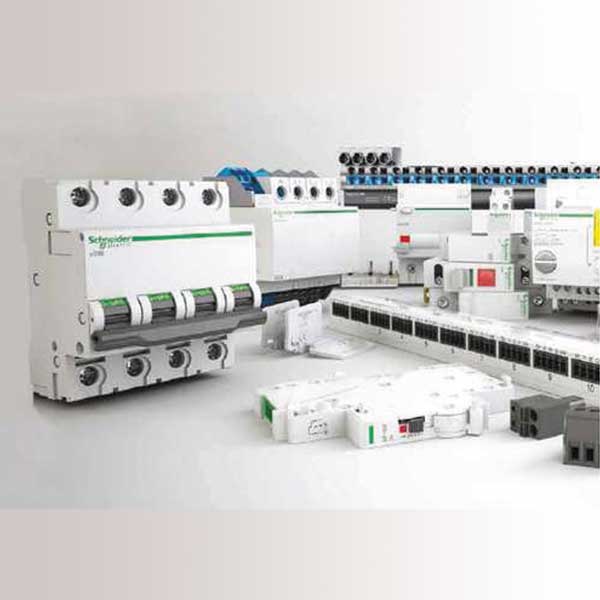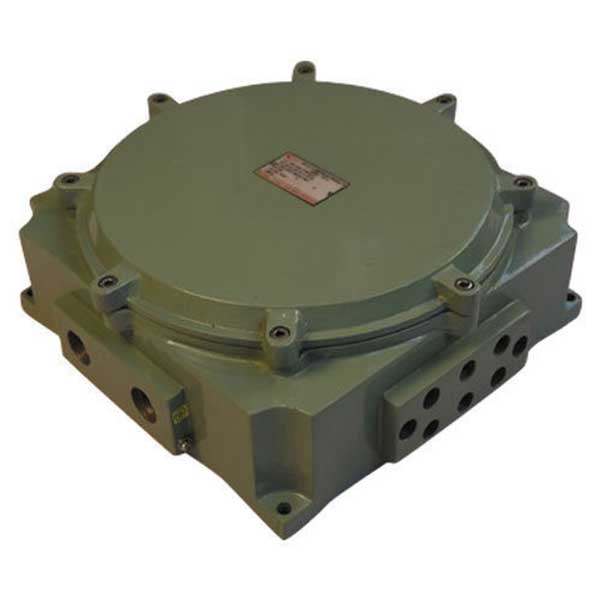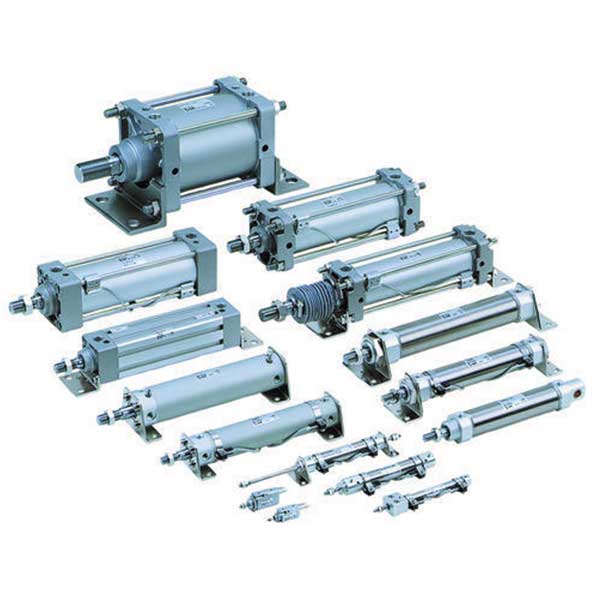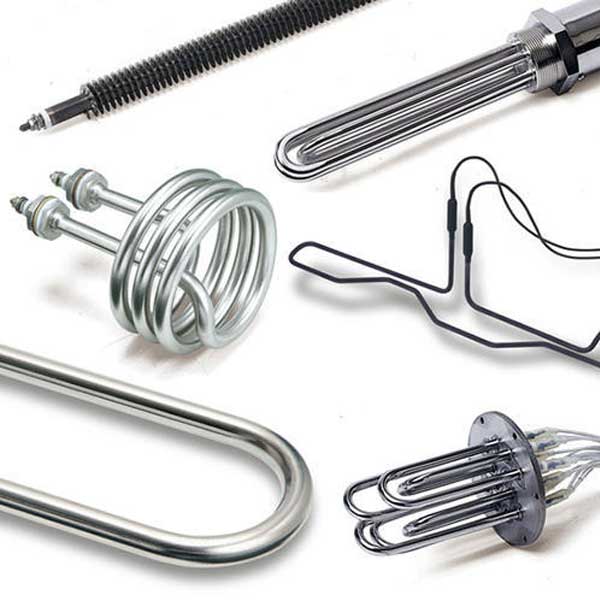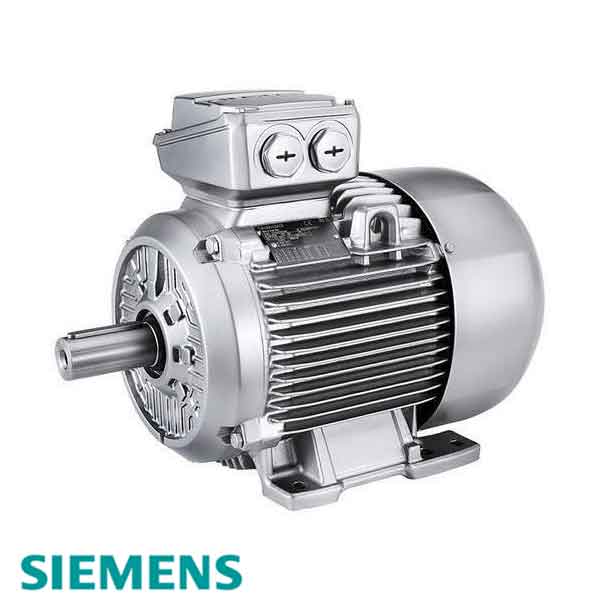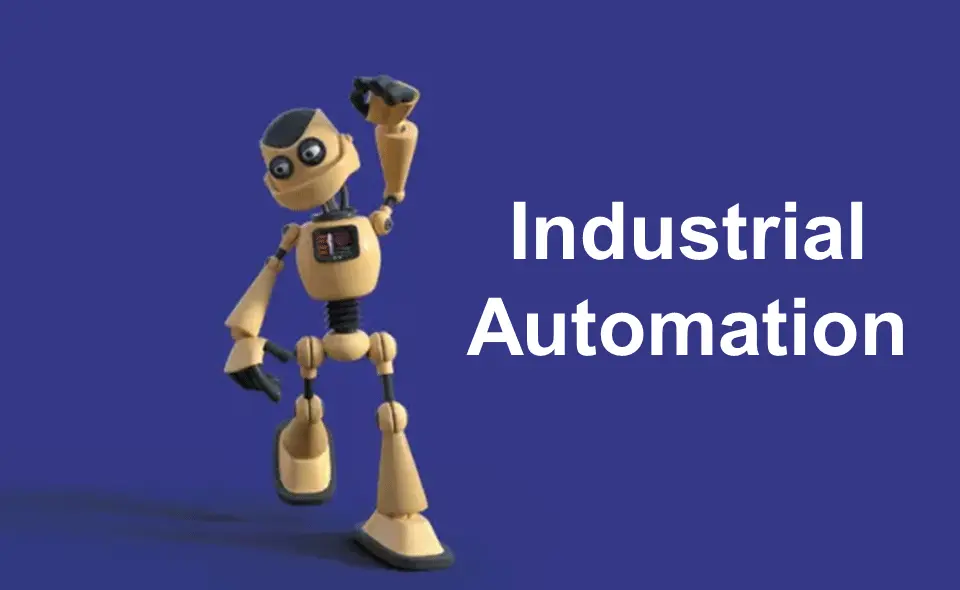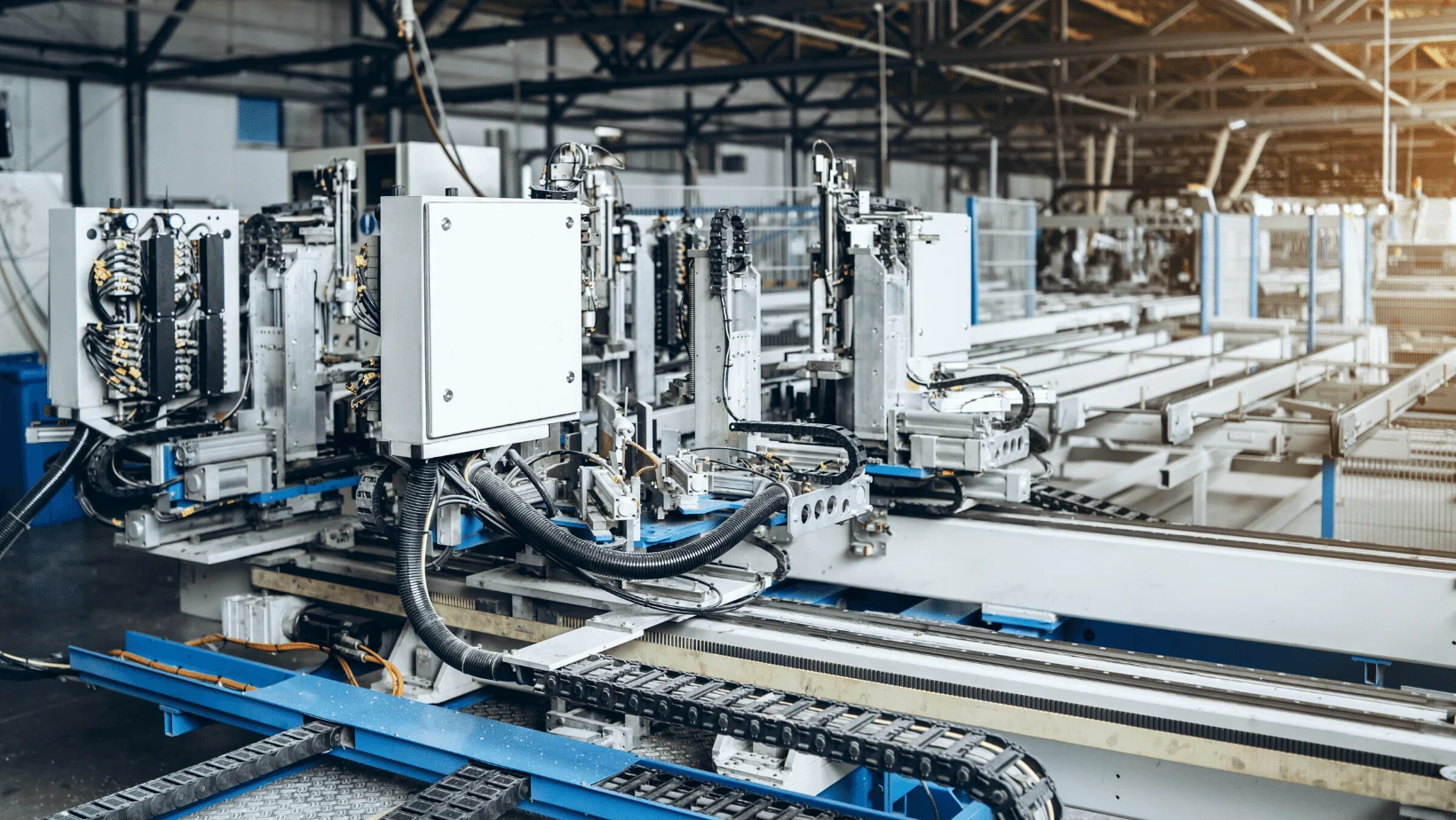
In the vast world of making things, machine automation is a big deal. It’s like teaching machines to do the heavy lifting for us, making life simpler and work faster. Let’s dive into the future of machine automation, especially in the world of making stuff in industries.
“The synergy between humans and machines is not about replacement but collaboration, creating a powerful team for the future.”
Understanding Machine Automation
So, what’s this machine automation all about? In simple words, it means making machines smart enough to work on their own. It’s like having a robot friend who knows what to do without you telling it every tiny detail. This helps factories and industries run smoother and quicker.
How Machines Learn to Work
Imagine teaching a robot to paint a picture. We can’t give it a detailed manual; it needs to learn on its own. This is where machine learning comes in. Machines learn by doing, just like we do. They get better with every task, and over time, they become super skilled at it.
Machine Learning in Action
In industries, machines use sensors and data to make decisions. It’s like the machine’s brain getting smarter by processing information. This helps in making better and faster choices, making the whole production process efficient.
Internet of Things (IoT) in Automation
Now, let’s talk about IoT. It’s a fancy term that means connecting machines to the internet. Why is this a big deal? Well, it lets machines talk to each other and share information. It’s like a team of machines working together, each knowing what the other is up to.
Smart Factories
With IoT, factories become smart. Machines can communicate, and that leads to a well-coordinated dance of production. Imagine a symphony where every instrument knows when to play without a conductor – that’s the beauty of IoT in automation.
Challenges and Solutions
Of course, with great power comes great responsibility. There are challenges in the world of machine automation. Security is one such challenge. When everything is connected, there’s a risk of naughty hackers trying to spoil the fun. But worry not, engineers are like digital superheroes, always working on shields and guards to keep the bad guys away.
Security Measures
To keep things safe, engineers use encryption – it’s like putting your message in a secret code. So, even if someone tries to sneak in, they can’t understand the information. It’s like having a super-strong lock on the factory door.
Benefits of Machine Automation
Now that we know the challenges, let’s focus on the good stuff. Machine automation brings loads of benefits.
Speedy Production
Machines don’t get tired, they don’t need coffee breaks, and they can work 24/7. This means production speed goes through the roof. More things get made in less time.
Precision and Consistency
Have you ever tried painting a straight line without a ruler? Tricky, right? Machines excel at precision. They can do the same task over and over without getting bored or making mistakes. This makes the things they produce super consistent in quality.
Safer Work Environment
Dangerous jobs? Let the machines handle it. Automation keeps humans away from risky tasks, making workplaces safer. It’s like having a superhero robot doing the dangerous stunts, keeping everyone else out of harm’s way.
The Impact on Jobs
Now, some may worry about machines stealing jobs. But fear not! Machines may take over repetitive tasks, but they also create new jobs. Someone needs to build, maintain, and teach these smart machines. Humans will always have a role in the grand automation play.
Human-Machine Collaboration
Think of it as a partnership. Humans bring creativity, problem-solving, and emotional intelligence to the table. Machines bring speed, precision, and tireless work ethic. Together, they make a dream team.
Practical Application
Imagine a bakery using machine automation. Instead of bakers kneading dough all day, smart machines take over. They mix, knead, and shape the dough, freeing up bakers to focus on creating unique recipes. This speeds up production, ensures consistency, and lets bakers unleash their creativity.
Real-world Impact
In a car factory, machine automation means cars roll out faster and safer. Machines handle heavy lifting and precise tasks, reducing the risk to human workers. This not only boosts efficiency but also creates a safer environment, showcasing the real-world impact of automation in ensuring both speed and safety.
“In the world of automation, machines become our trusty allies, working tirelessly to make our lives simpler.”
Conclusion
In the ever-evolving world of industrial manufacturing, the future of machine automation is bright. It’s like having a superhero squad of smart machines working alongside humans, making things faster, safer, and better. As technology continues to advance, we’re in for an exciting ride into the future where machines and humans collaborate to create wonders. So, gear up for the era of Machine automation – it’s going to be a game-changer!








